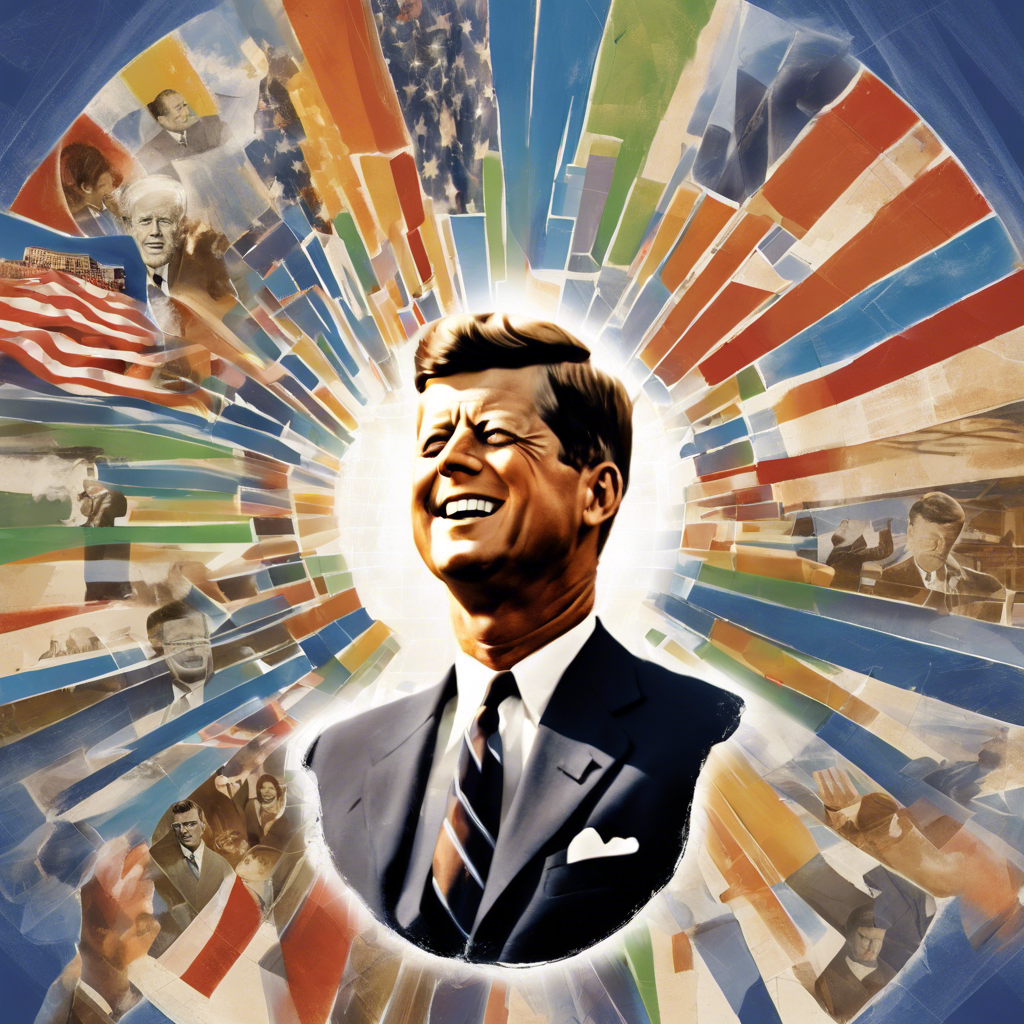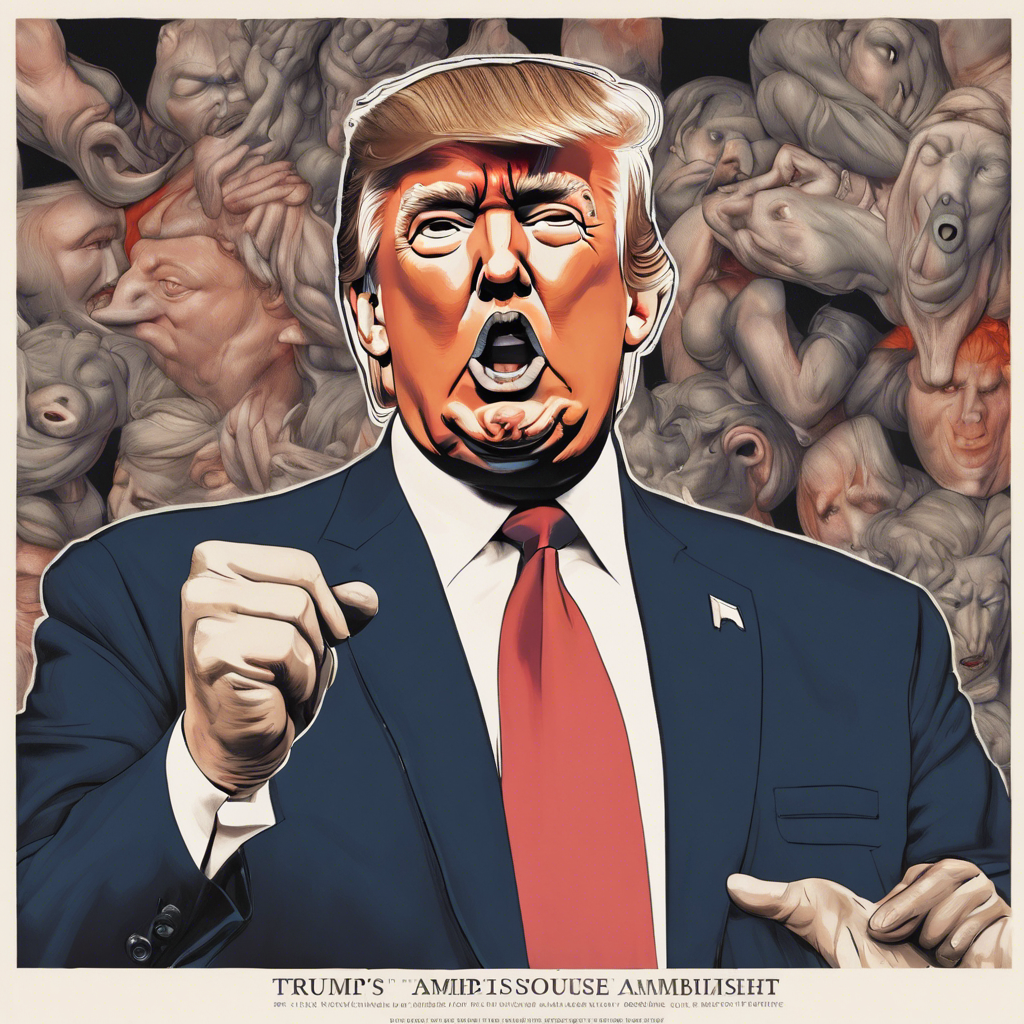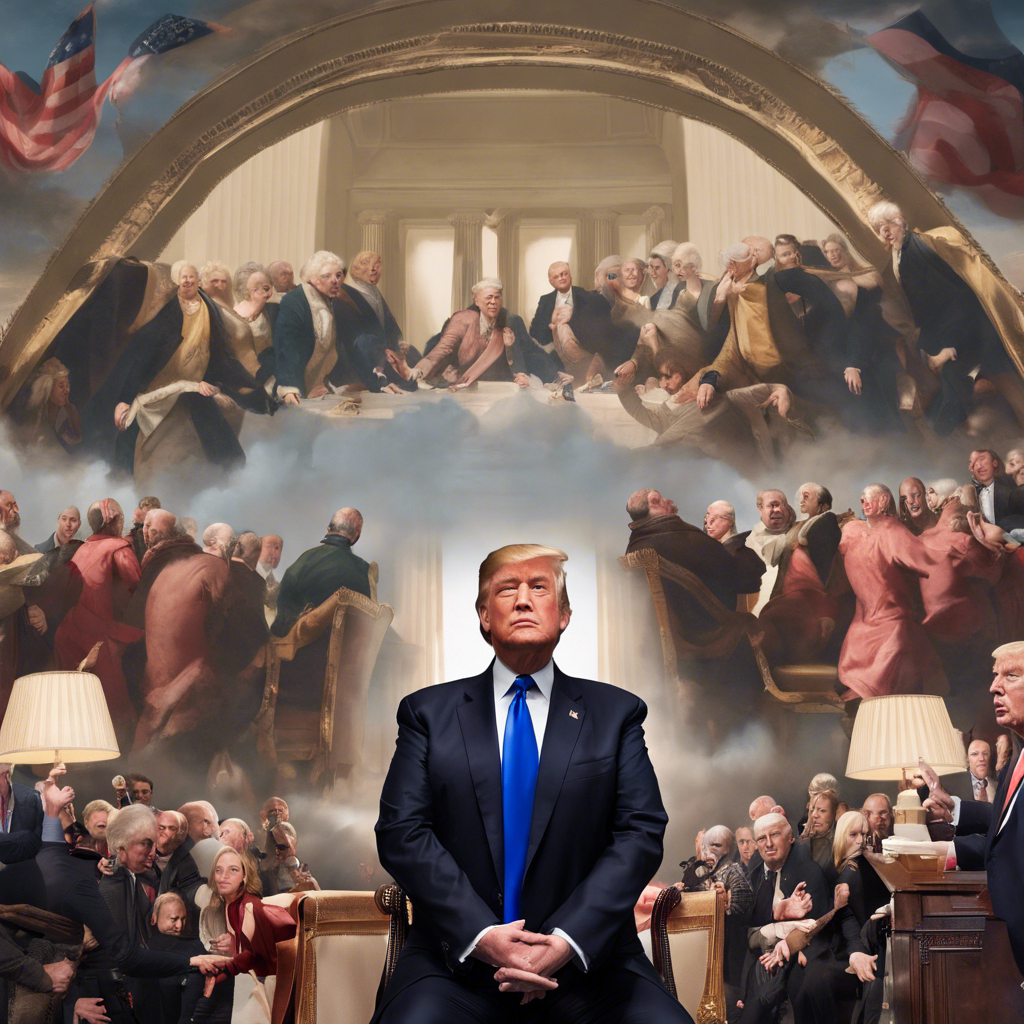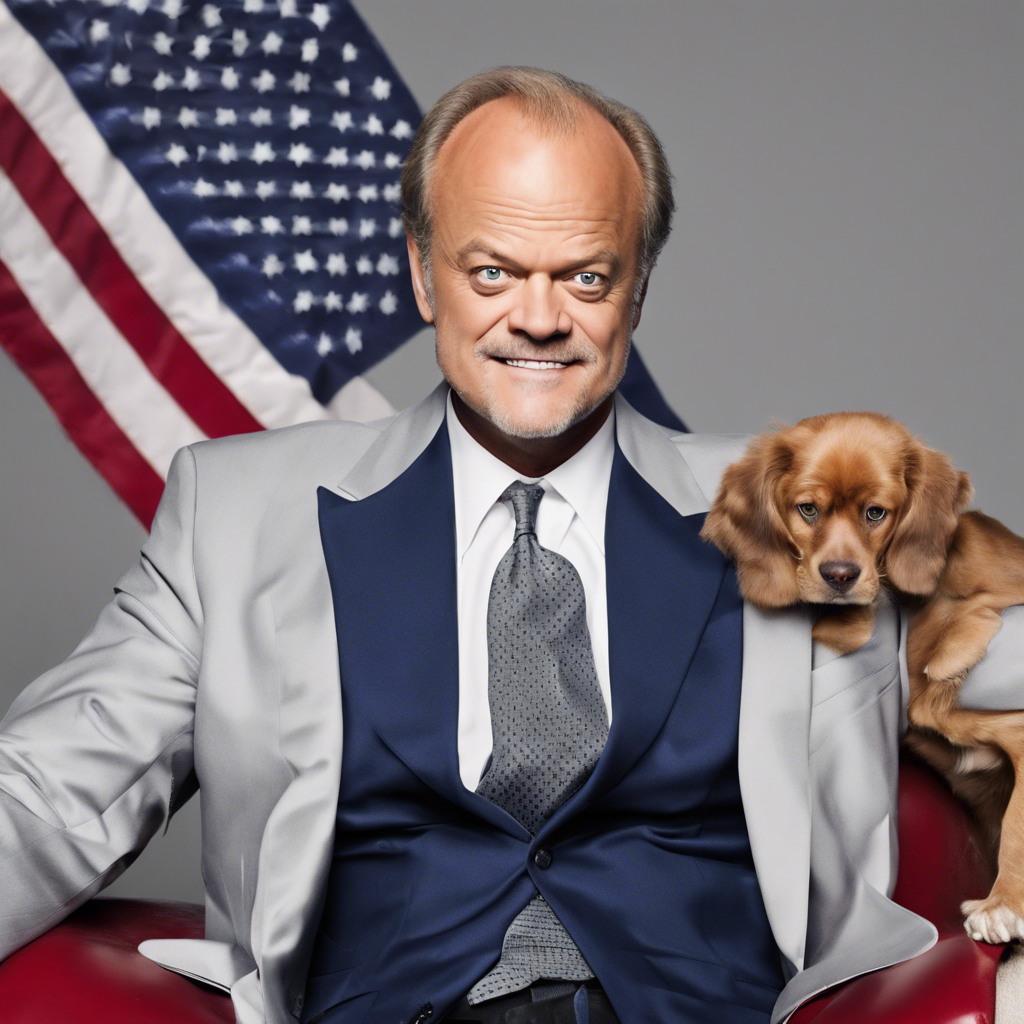President Kennedy’s Cultural Agenda: Shaping a Legacy

Exploring the Impact of President John F. Kennedy’s Cultural Strategy
As the 60th anniversary of President John F. Kennedy’s assassination approaches, the debates surrounding his legacy and the effectiveness of his presidency have once again come to the forefront. While many focus on his policies and political achievements, it is crucial to understand the cultural agenda that Kennedy intentionally utilized to construct the ideological groundwork for his administration and the changes he hoped to implement. By championing American innovation, technological advancement, and the best in art, poetry, theater, and music, Kennedy sought to demonstrate the nation’s readiness for its responsibility as a global leader.
Presidents and the Power of Culture
Presidents throughout history have recognized the power of culture as a tool to execute their policies. From George Washington’s implementation of administrative etiquette to invoke respect for the presidency, to Kennedy’s use of American art and cuisine to showcase the nation’s values, culture has played a significant role in shaping the perception of presidential leadership.
Cultural Symbolism and Civil Rights
While Kennedy did not explicitly address the issue of civil rights during his inauguration, he inadvertently expressed his personal feelings on the matter through cultural symbolism. By inviting African American contralto Marion Anderson to perform the national anthem and hosting African American opera singer Grace Bumbry at the White House, Kennedy demonstrated his commitment to integration. These cultural gestures were significant in a time when African Americans were still fighting for equal access to public facilities, voting rights, and employment opportunities.
Kennedy’s Civil Rights Actions
Although Kennedy’s advocacy for civil rights legislation came later in his presidency, he took decisive action to address civil rights issues. He sent federal troops to end rioting and ensure the integration of universities in Mississippi and Alabama. While Kennedy’s delay in advocating for a Civil Rights bill and his inability to pass it during his tenure are considered shortcomings, the cultural pathways he paved and the policies he introduced were instrumental in preparing the nation for subsequent civil rights legislation.
Culture and Foreign Policy
Kennedy also utilized culture to revamp his foreign policy strategies following the Bay of Pigs fiasco. By hosting a White House dinner for Puerto Rico’s first democratically elected governor, Luis Muñoz Marin, and inviting Spanish violinist and composer Pablo Casals to perform, Kennedy demonstrated his commitment to representative governments in the Americas. These cultural moments served as both political victories and reflections of Kennedy’s broader foreign policy goals.
The Importance of Culture in Policy-making
In the spring of 1962, Kennedy further emphasized the importance of culture in policymaking by creating a Special Consultant on the Arts position. This move aimed to provide insight on federal projects associated with both policy and the arts. Additionally, Kennedy endorsed a report titled Guiding Principles for Federal Architecture, which emphasized the significance of federal buildings as visual testimony to the dignity and stability of the American government.
Conclusion:
President John F. Kennedy’s cultural agenda played a crucial role in shaping his legacy and the perception of his presidency. By using culture as a tool to showcase American values, champion civil rights, and revamp foreign policy strategies, Kennedy left an indelible mark on the nation’s psyche. His intentional integration of politics and culture created a realm of ideas known as “Camelot,” inspiring a collective sense of possibilities and responsibilities for future generations. While his presidency was tragically cut short, Kennedy’s cultural legacy endures, inviting ongoing analysis and debate about his impact on American history.










